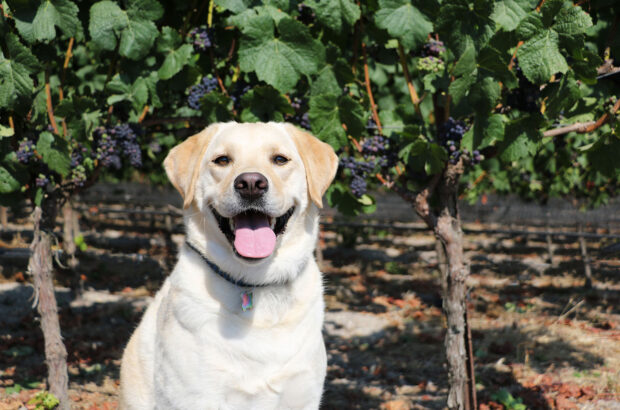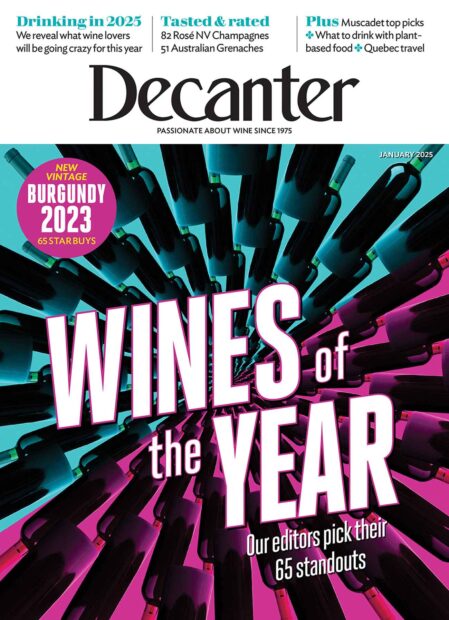The decision was finalised during the Collio consortium’s latest assembly, held in December just before the holiday season.
While this is not the first instance of such a move – Spain’s Terra Alta DO in Catalunya, for example, adopted a similar resolution three years ago – Collio’s decision arguably holds far greater global significance. Collio is widely recognised as the birthplace of the modern orange wine revolution thanks to pioneering producers like Gravner and Radikon.
According to the consortium’s director, Lavinia Zamaro, discussions about integrating wines made from white grapes whose juice is fermented in contact with the skins into Collio’s disciplinare had already been taking place within the council over several terms. However, it had not been possible to fully develop the project due to other priorities.
‘The definitive push came in 2022,’ she explained. ‘First, thanks to the newly elected board of directors, which made it a cornerstone of its programme to resolve this issue and reach a conclusion. Second, because of pressures from our certification body, Valoritalia, which had been urging us to provide clearer definitions for our macerated wines to facilitate their official inclusion in our production guidelines.’
Upon its appointment, the current board of directors prompted the creation of a technical committee, comprising both member and non-member companies of the consortium involved in the production of skin-contact wines, to collect contributions, feedback and insights into the practice. After two years of work, the committee’s efforts culminated in the final vote last December, which resulted in the approval of the category’s integration into the production specifications.
The technical details of the new category are still being finalised, yet some key aspects have already been agreed upon. The maximum level of volatile acidity, for instance, will be the same as for red wines, set at 20 milliequivalents per litre. Meanwhile, the minimum maceration time of Collio’s orange wines will be seven days.
One of the most innovative aspects of the denomination’s new category is the introduction of a precise codification of the wines by colour using the Pantone scale. This approach will enable Valoritalia, the body responsible for certifying the wines, to evaluate them in a transparent, non-interpretative manner.
‘This is a completely new wine category, not only for Collio, but for most denominations too. The use of the Pantone scale will allow for a completely impartial evaluation of the wines,’ Zamaro explained.
Crucially for enthusiasts, the exact Pantone tonality of a wine will also be indicated on its label – similar to how the level of sweetness is currently displayed on wines from Alsace. This will help drinkers understand what to expect from a bottle they are unfamiliar with, enabling them to make more informed choices when selecting a wine.
As for the exact wording on the label, this will likely be Vino da Uve Macerate, meaning ‘wine from macerated grapes’, or alternatively Vino Ottenuto con Macerazione, meaning ‘wine obtained by maceration’, while there are no plans to adopt the more internationally recognised term, ‘orange’.
The motion was approved with a firm majority of 72%, yet it did face some objections. ‘The main concern we encountered is that, in recent decades, Collio has focused on a very “pure” style of white winemaking – if you’ll allow the term – characterised by fresh wines with good salinity,’ said Zamaro.
‘For some producers, there is concern that introducing such a markedly different wine category could create confusion among drinkers.’
Despite the criticism, the majority ultimately supported the motion due to the central role Collio has played in the modern rediscovery of skin-contact wines and in their growing popularity worldwide.
‘Since these wines are not yet included in our guidelines, we actually have no production or sales data, but their appeal is undeniably high: there is significant international interest for our macerated wines and for orange wines in general,’ Zamaro said.
‘We know that Collio is the [modern] birthplace of the skin-contact practice, and when visitors come here, they often ask about it. For this reason, it seemed appropriate to give due recognition to something that is such an integral part of our region’s history.’
With the motion approved by the consortium, it now must undergo further bureaucratic steps before it is officially implemented, including approval by the Italian Ministry and the European Commission. The consortium expects this process to take about a year, meaning that the Collio’s first Vini da Uve Macerate could be available to wine enthusiasts as early as from the next vintage.






